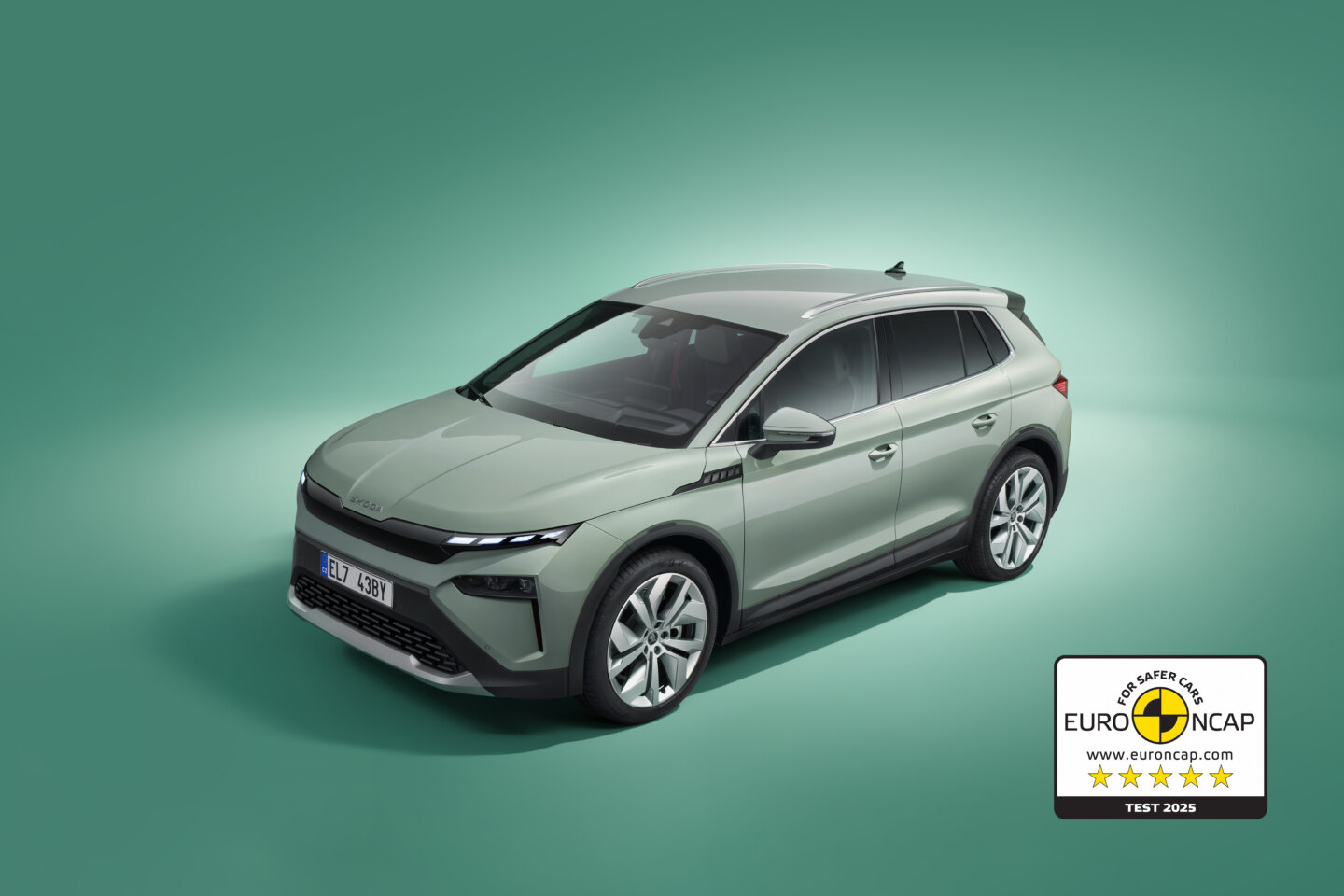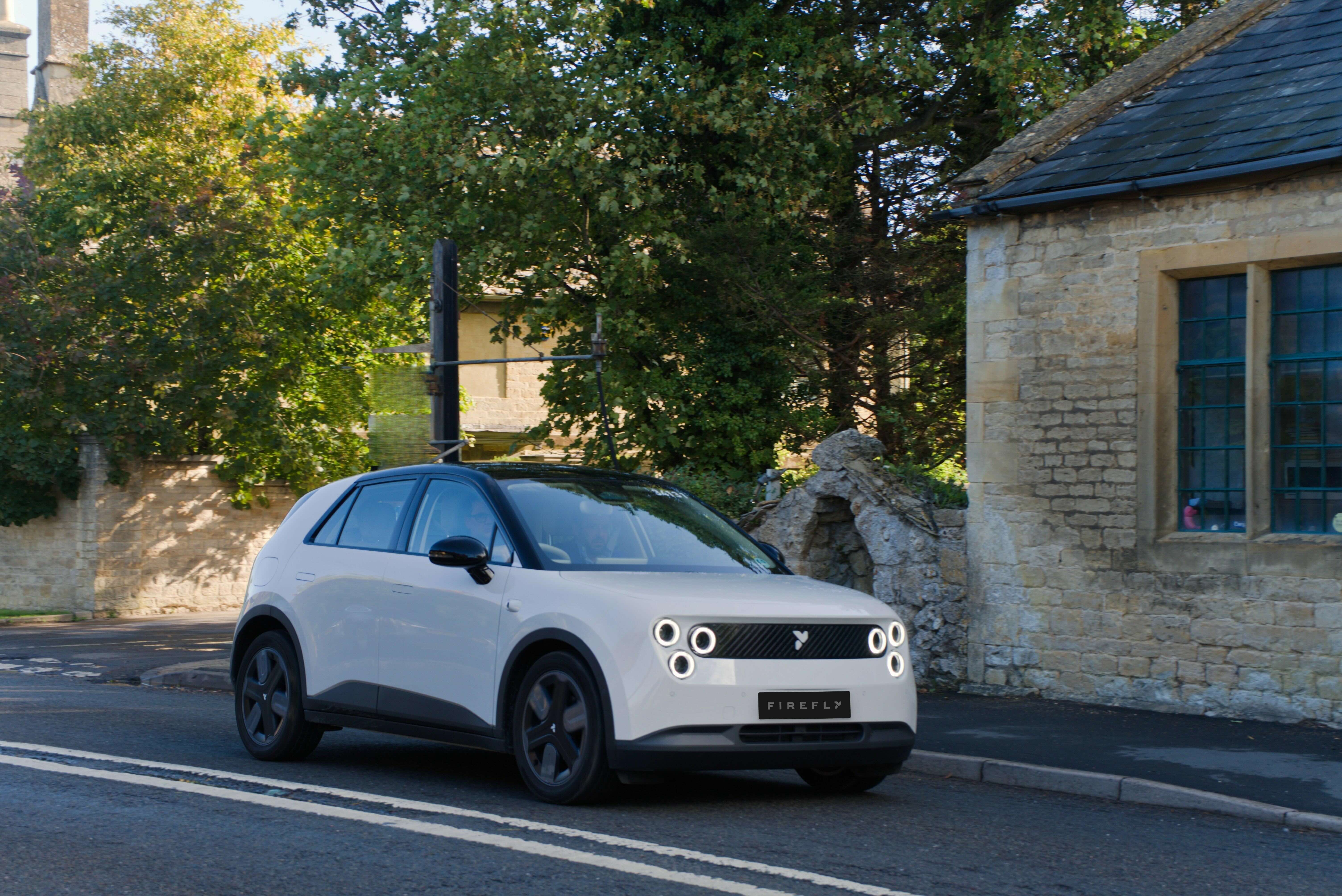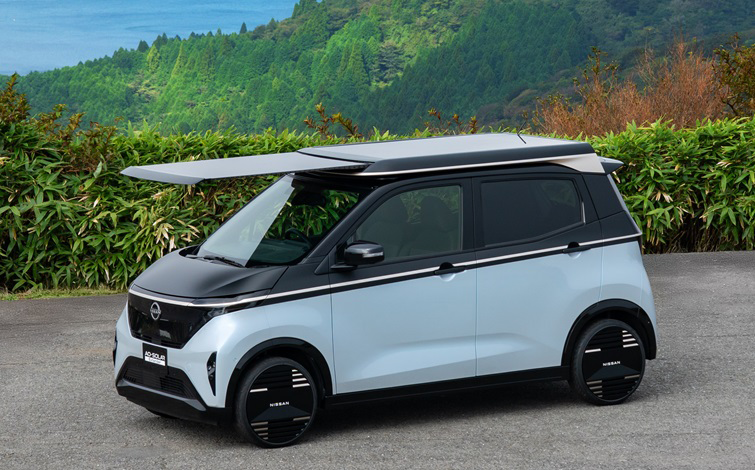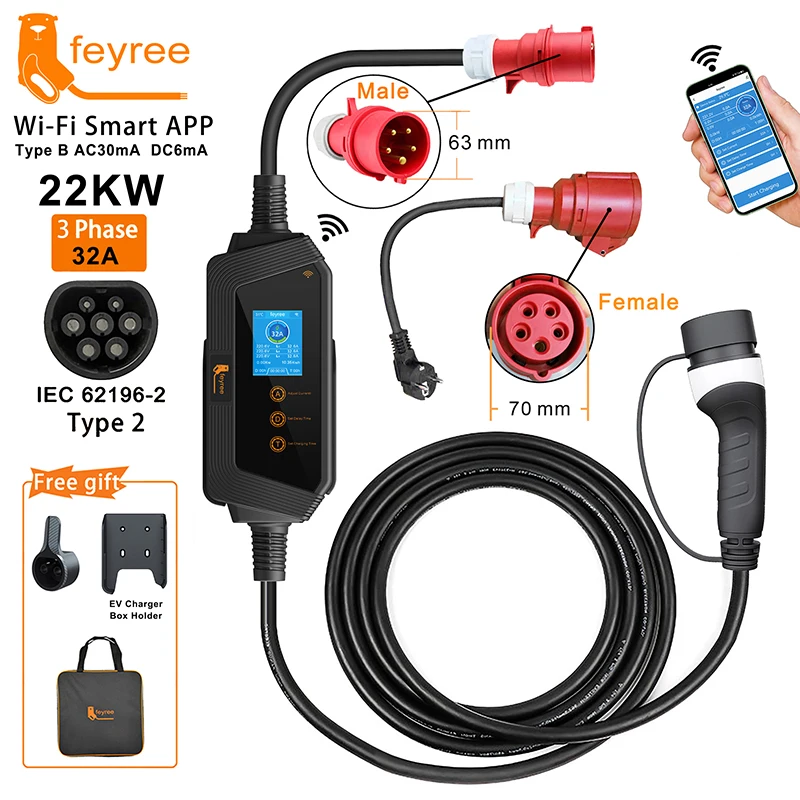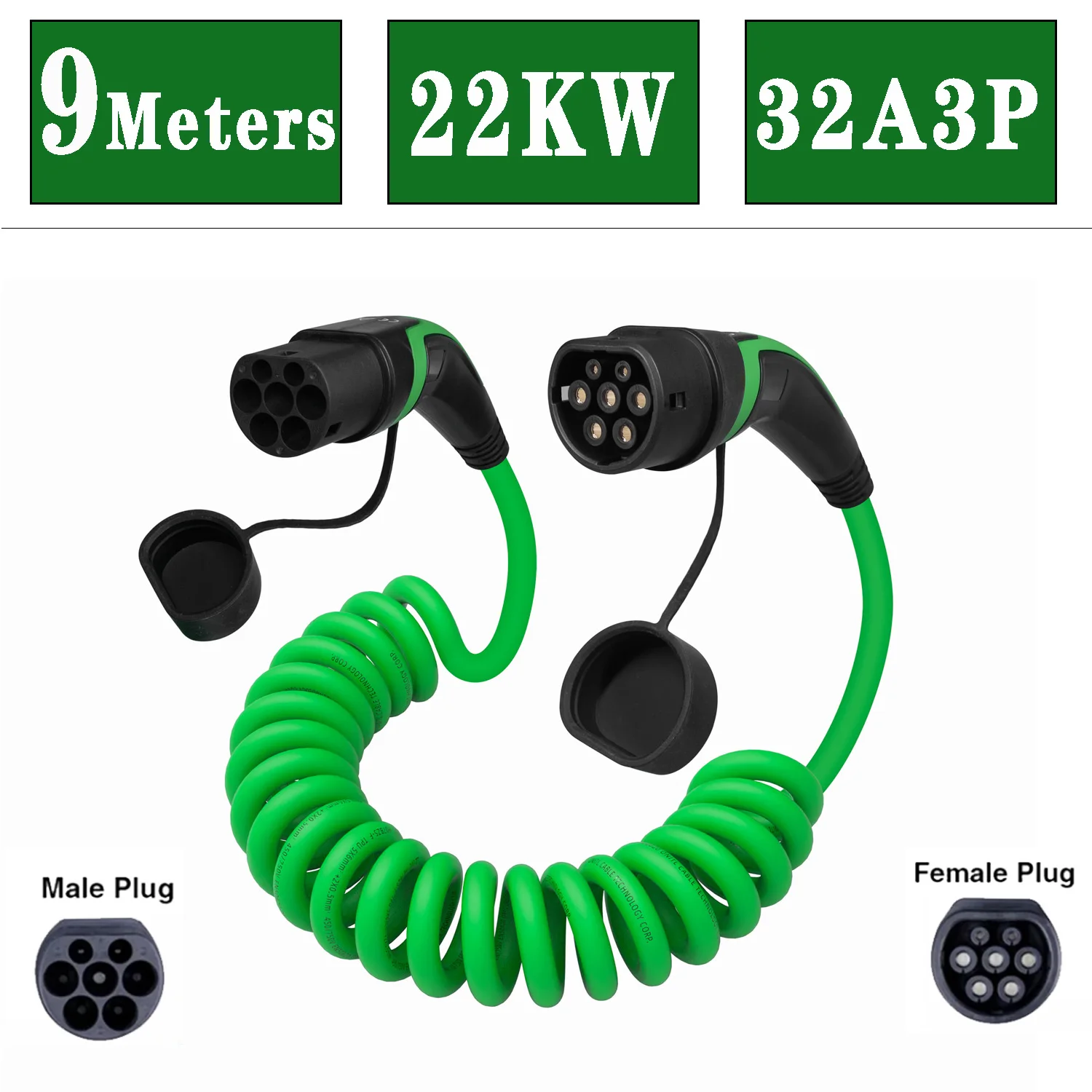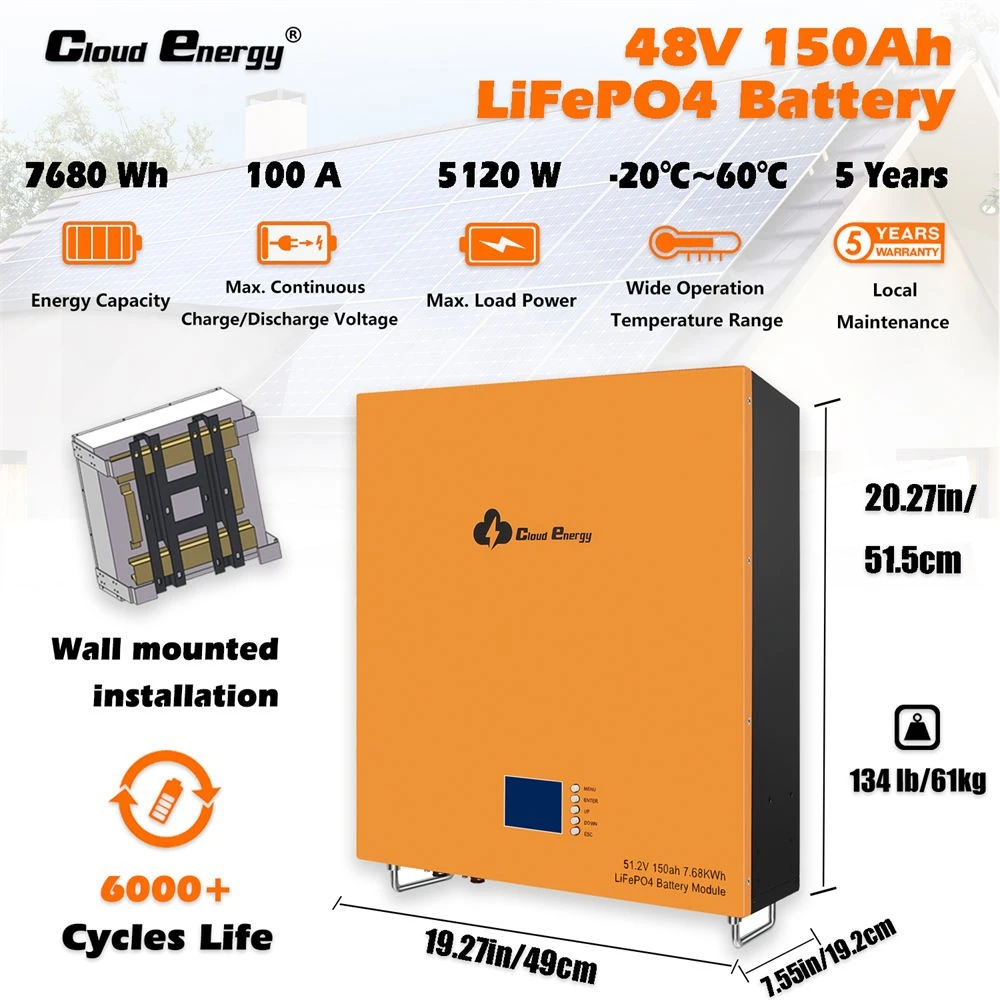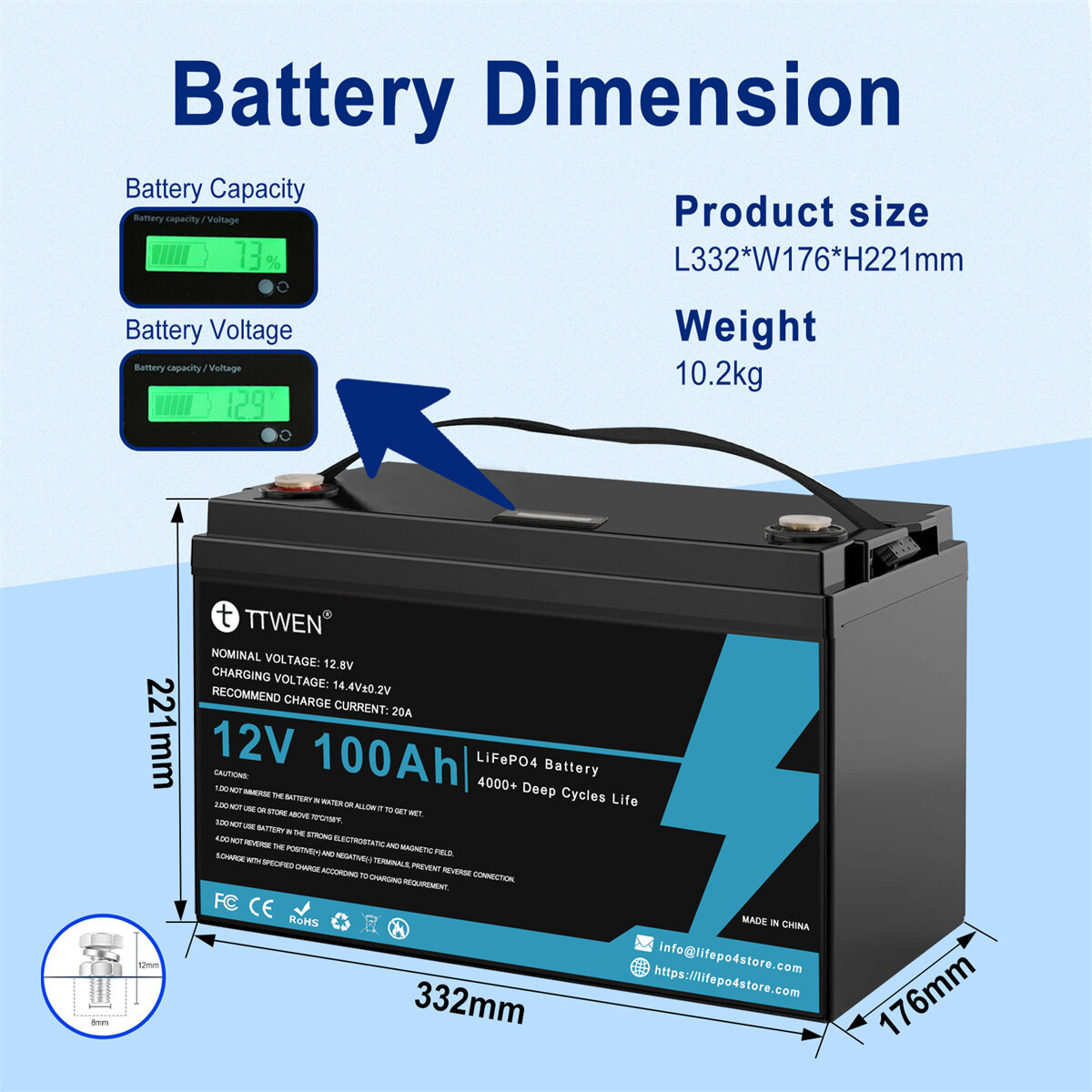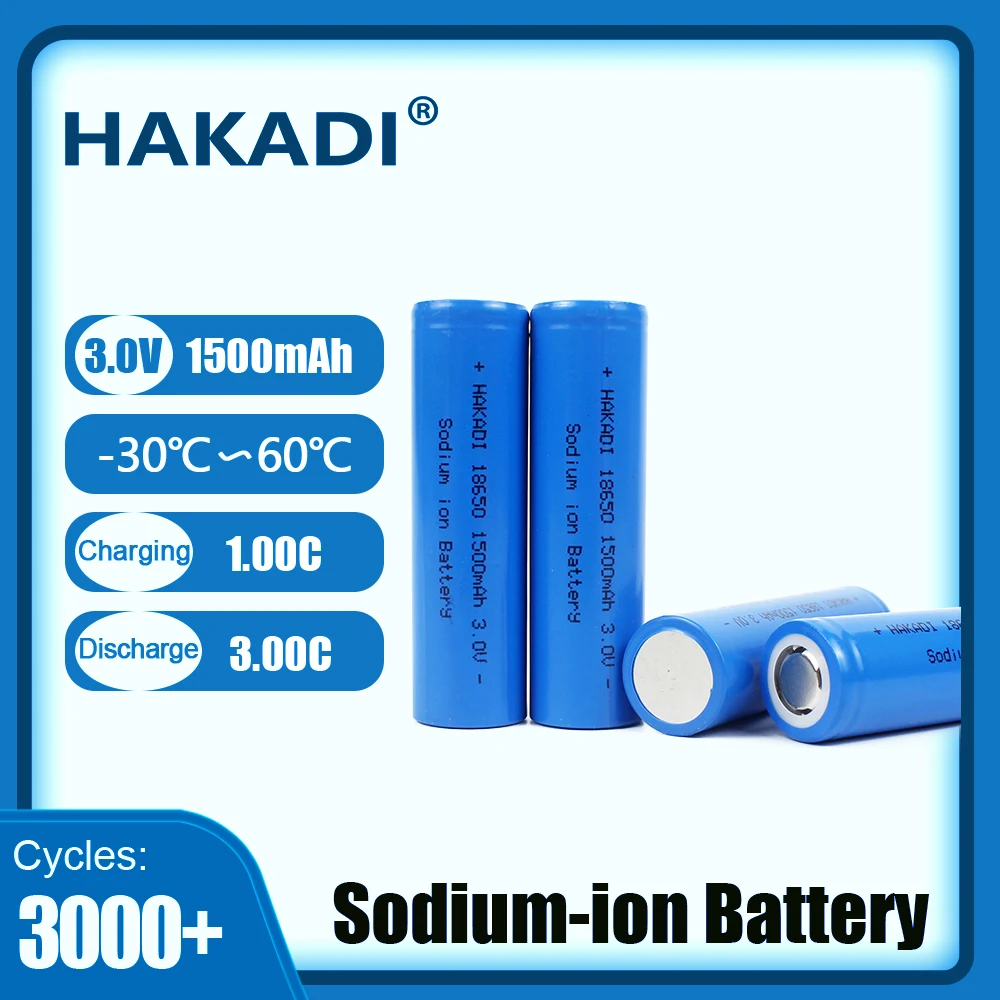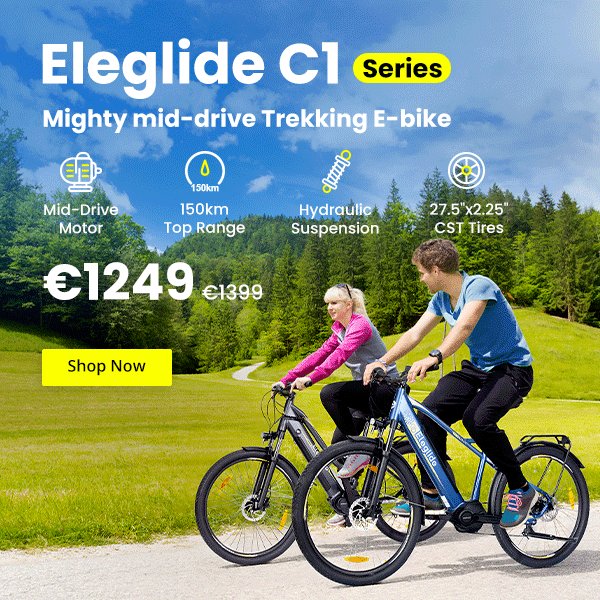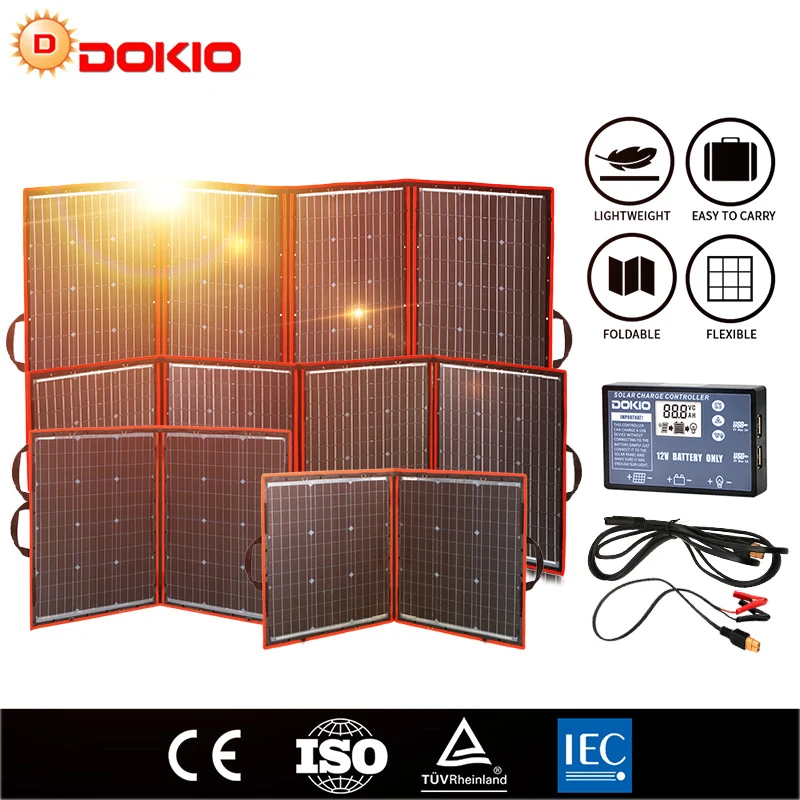BYD sent the first 100 units of the Tang EV to Norway, which is BYD’s most expensive passenger BEV. This is a big SUV that seats 7 persons and has AWD (All-Wheel Drive).
Rotterdam, Netherlands – BYD, the world’s leading New Energy Vehicle (NEV) manufacturer, and one of the first to produce one million electric passenger cars globally, is today shipping the first 100 European-specification BYD Tang SUVs for customers in Norway.
The consignment marks the company’s entry into the competitive European passenger car market, with a product which combines BYD’s very latest battery and NEV technology with European design and specification appeal. The BYD brand is already firmly established in Scandinavia, and across Europe, as the market-leading manufacturer of electric buses for the public transport sector.
BYD’s first consignment of passenger cars for Norway also signals the ‘start of the European dream’ for BYD at a strategically important time when sales of NEVs begin to surge in key markets right across Europe. BYD is also confident that its unique selling-point – the commitment to designing and manufacturing only pure-electric, zero-emissions cars – demonstrates an important distinction from conventional European car makers, underlining the company’s unwavering focus on environmental sustainability for customers. BYD has built a world-renowned reputation as a pioneer in the development of batteries and battery technology, with a 26-year history of delivering safe, reliable products.
The first shipment of 100 pure-electric BYD Tang all-wheel-drive SUVs sets sail today, Monday 7th June, from the Port of Shanghai, scheduled to arrive at dealerships in Norway towards the end of summer. BYD has partnered the foremost Scandinavian car distributor, RSA, to deliver sales, service back-up and parts distribution, drawing on its world-class expertise and proven track record in supporting many leading automotive brands in Norway via its extensive dealer network.
In a further demonstration of BYD’s commitment to Norway, and to wider European markets, BYD has confirmed it will supply a total of 1500 Tang SUVs to the BYD / RSA supply chain in Norway before the end of 2021.
The BYD Tang bristles with the very latest in automotive technology, in terms of performance, safety, and, of course, driver and passenger comfort. The vehicle design represents a combination of ‘Eastern wisdom and Western aesthetics’ blended seamlessly under the expert and world-renowned direction of BYD’s Global Design Director, Wolfgang Egger.
The BYD Tang offers a completely new SUV for car buyers in Norway; a car with a distinctly European design aesthetic alongside a raft of new technologies to appeal to discerning, tech-savvy customers. The rugged Norwegian landscape provides the ideal backdrop for the seven-seat, all-wheel-drive Tang SUV, offering ample space for a large family to explore the great outdoors in supreme comfort.
Chief among its new technological features is the new, game-changing and space-saving Blade Battery, boasting performance figures of 0-100 km/h in just 4.6-seconds from its 86.4 kWh battery capacity, and a class-leading single-charge range of over 500km (NEDC). While charging to between 30% and 80% of capacity is attained in a remarkably brief 30-minutes, it is the Blade Battery’s ultra-safe credentials which are truly impressive, with stringent nail penetration and furnace test results yielding dramatic improvements over conventional lithium-ion phosphate technology.
The starting price of the BYD Tang EV in Norway is 599.900 NOK (59.065 euros), while in China starts at 295.700 yuan (37.640 euros) before subsidies and 279.500 yuan (35.578 euros) after subsidies.
With a first batch of only 100 units sent to Norway, the huge price tag of the BYD Tang EV is normal and expected.
An electric car model needs to be exported frequently by the thousands (like the Tesla Model 3 MIC), otherwise the exportation costs (homologation, shipping, after-sales service, sales network…) per unit will remain extremely high, as it happens with luxury cars.
Only when BYD starts sending batches of 5.000-10.000 units to Europe weekly we’ll see more reasonable prices. Anyway, this is a good start.
More info:

